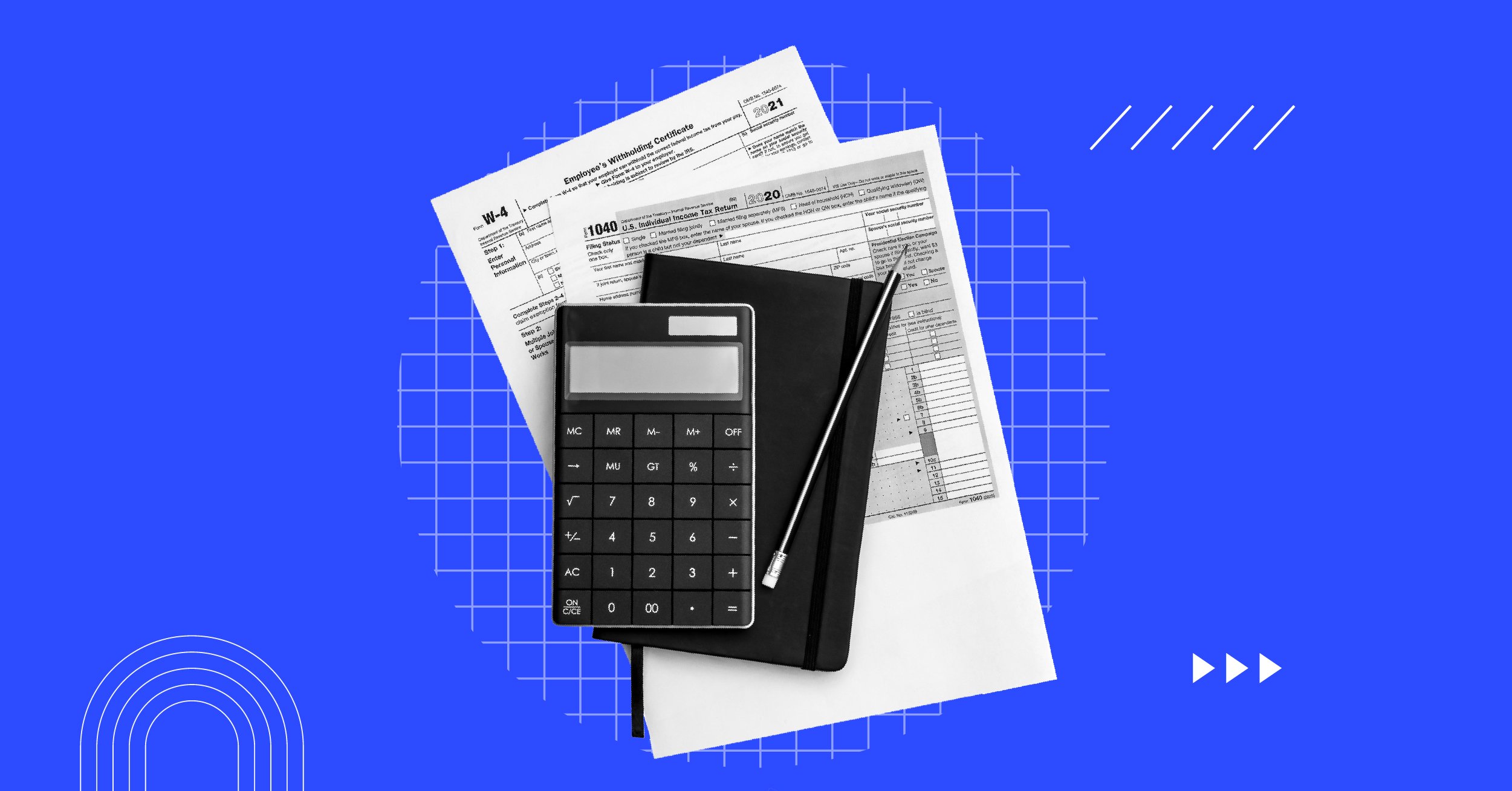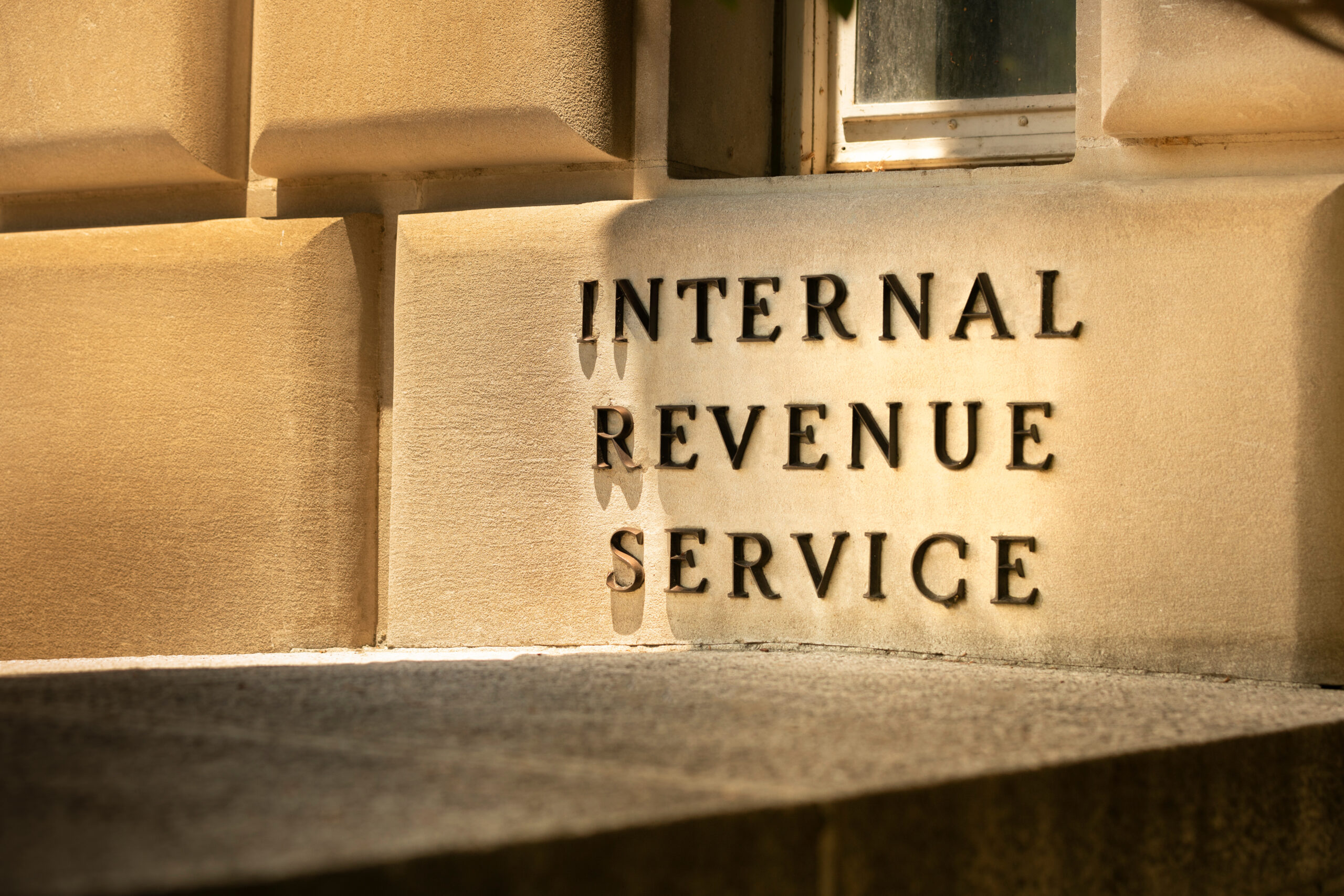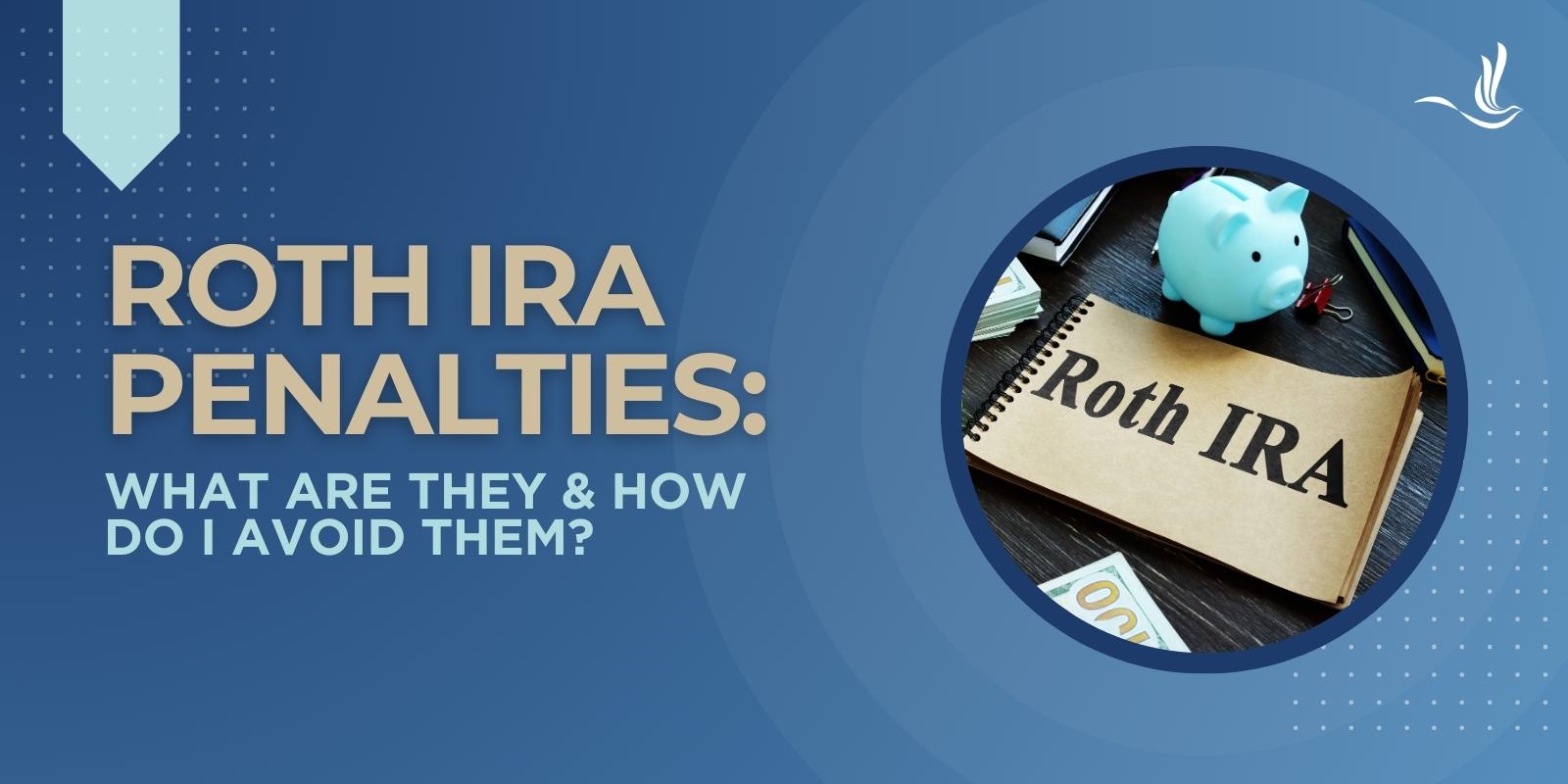We live in a fast-paced world where technology has made it possible to do more, see more, and accomplish everything else more efficiently. While some routines of life have not changed, most have been transformed by our increasingly connected environment.
For better or worse, one thing that has not changed is the concept of deadlines, particularly when it comes to dealing with the government. The IRS is a prime example. It can often miss deadlines and the law either affords a remedy or the government shrugs it off as a loss to the fisc generally that does not even warrant conversation. Taxpayers usually don’t have this luxury. When it comes to tax law, the law isn’t written to protect taxpayers generally. The law is biased toward tax procedure and making it possible for the IRS to administer the law in mass and in bulk.
This is what made the Boechler, P.C. v. Commissioner case interesting when it was considered by the Supreme Court. It was a taxpayer-favorable ruling on a procedural issue, which is rare. The Supreme Court held that a taxpayer could have a remedy even if it filed a tax court petition a few days late. The Supreme Court ruled in Boechler, P.C. v. Commissioner that these deadlines are subject to equitable tolling. This seemed to offer hope for taxpayers who missed deadlines due to circumstances beyond their control.
But what exactly must a taxpayer prove to successfully invoke equitable tolling? The recent remand decision in Boechler, P.C. v. Commissioner, 2025 U.S. Tax Ct. LEXIS 15 (2025), provides the answer. This case provides an opportunity to examine exactly what taxpayers must prove to successfully invoke equitable tolling.
Facts & Procedural History
Boechler operates a solo law practice specializing in asbestos litigation. Her firm employed only herself, her sister Lisa, and a part-time administrative assistant in 2017. The practice maintained approximately 25 active cases, often involving 30 or more defendants per case. To those who do not litigate cases, this sound like a small operation. To those who do litigation, they know that 25 cases is often a lot–certainly more than full time for an attorney.
The tax dispute in this case involved the IRS’s assessment of penalties under Section 6721 for allegedly failing to file timely information returns for 2012. When Boechler contested the assessment, the IRS attempted to collect and issued a Final Notice of Intent to Levy on October 31, 2016. After Boechler requested an appeals hearing, the IRS issued a Notice of Determination on July 28, 2017, sustaining the levy notice.
The Notice of Determination clearly stated that Boechler had 30 days from the date of the letter to file a petition with the U.S. Tax Court. The 30-day deadline fell on August 27, 2017, which was a Sunday. Boechler’s attorney, Mr. Thompson, mailed the petition on August 29, 2017. This was two days late.
During the filing period, Boechler faced competing demands on her time. She was caring for her elderly mother in her late 90s, sharing caregiving responsibilities with her two sisters. As a single mother, she was also helping her son transition to college, including traveling to New York between August 17-22 to assist with his dormitory move-in and attend parent meetings.
Given the late filing, the IRS attorney filed a motion to dismiss for lack of jurisdiction. The U.S. Tax Court initially granted the motion based on the idea that it was a court of limited jurisdiction and it did not have jurisdiction when the petition was filed late. The Eighth Circuit affirmed on appeal. However, the Supreme Court reversed the lower courts in 2022. The Supreme Court held that the 30-day deadline under Section 6330(d)(1) is not jurisdictional and is subject to equitable tolling. The case was remanded to the appeals court specifically, so continued tax litigation, for factfinding on whether equitable tolling applied to these circumstances.
Section 6330 and Collection Due Process Rights
To understand this case, we have to first consider the Collection Due Process Hearing generally. This is the process one can invoke when the IRS takes certain collection actions, such as issuing a lien notice of notice of intent to levy.
The Collection Due Process provisions in Section 6330 provide taxpayers with procedural safeguards when the IRS initiates these collection actions. These provisions require the IRS to notify taxpayers before levying their assets and provide an opportunity for administrative review. Thus, the hearing part of the collection due process process.
Under Section 6330(d)(1), taxpayers can then petition the U.S. Tax Court within 30 days of receiving a notice of determination from the IRS Office of Appeals in the CDP hearing. This petition right serves as the exclusive judicial remedy for challenging collection actions after the administrative process concludes.
The 30-day deadline represents a compromise between providing taxpayers meaningful access to judicial review and allowing the IRS to proceed with collection activities. The rationale for this is that Congress recognized that collection cases often involve unpaid tax debts and there may be circumstances that warrant the IRS not taking immediate collection actions to collect the debts. Life, etc. happens, and sometimes collecting immediately is not the right answer.
The tax dispute here was a tax court petition filed in response to the determination notice issued by the IRS Office of Appeals in a CDP hearing. It did not originate from the IRS audit function–which is most of the cases the U.S. Tax Court hears.
What is Equitable Tolling?
This brings us to equitable tolling. What is it?
Equitable tolling is a judicial doctrine that allows courts to excuse compliance with statutory deadlines under extraordinary circumstances. The Supreme Court has described it as “a traditional feature of American jurisprudence and a background principle against which Congress drafts limitations periods.” So it is just a judicial rule of lieniency that the courts can apply.
The doctrine recognizes that rigid application of deadlines can sometimes produce unjust results. When Congress establishes a limitations period, courts presume that equitable tolling applies unless the statutory language or scheme clearly indicates otherwise.
However, equitable tolling is not a general remedy for missed deadlines. Courts apply it sparingly, recognizing that limitations periods serve important purposes in maintaining orderly judicial proceedings and providing finality to legal disputes.
That was and is the lingering question from this case. When the Supreme Court sent the case back down to the trial court, there was a question of how victorious was the taxpayer? Did they create new law, yes, but is that new law helpful? That depends on how the lower courts apply equitable tolling, which is what this new court opinion in the case is about.
The Two-Pronged Test for Equitable Tolling
The court opinion in this case pulled together concepts from other court cases. According to this new court option, this mash-up produces a two-pronged test to determine whether equitable tolling applies. The taxpayer must establish both elements.
First, the taxpayer must demonstrate that it pursued its rights diligently. This requires showing that all reasonable steps were taken to ensure timely filing of the petition. The inquiry focuses on whether the taxpayer exercised due diligence in monitoring the deadline and communicating with counsel. Second, the taxpayer must prove that extraordinary circumstances outside of its control prevented timely filing. This prong requires more than showing difficult circumstances – the circumstances must be both extraordinary and beyond the taxpayer’s control. As with just about everything when it comes to tax disputes, the burden of proof rests entirely with the taxpayer. Courts will not presume that equitable tolling applies simply because a petition was filed late.
So how are these tests met? According to the court, the diligence requirement examines whether the taxpayer took reasonable steps to ensure timely filing. This analysis focuses on the taxpayer’s conduct during the limitations period, not just the circumstances that caused the delay. For example, in Holland v. Florida, the Supreme Court found that a petitioner acted diligently when he repeatedly contacted his attorney to ensure the petition was filed on time. The petitioner sent multiple letters and made numerous phone calls to his counsel, documenting his efforts to monitor the case’s progress.
The U.S. Tax Court in this case distinguished this case from Holland v. Florida, where the petitioner repeatedly contacted his attorney to ensure the petition was filed on time. In Holland, the petitioner sent multiple letters and made numerous phone calls, creating a clear record of diligent efforts to monitor the deadline. That apparently didn’t happen here.
The U.S. Tax Court found that the taxpayer here failed to satisfy this requirement. The record contained no evidence that anyone at Boechler followed up with counsel to ensure timely filing. Boechler could not even recall whether she filed the petition herself or provided direction to the person who filed it, according to the court. So the rule coming out of this case is that when representation by a tax attorney is involved, the taxpayer must show efforts to communicate with counsel about the deadline. Simply hiring an attorney does not automatically satisfy the diligence requirement.
The court also rejected Boechler’s argument that her personal circumstances constituted extraordinary circumstances. The court noted that while Boechler faced multiple demands on her time, she had assistance from her sisters in caring for her mother. She also had co-counsel on several of her cases, which reduced her workload. The court emphasized that miscalculating a deadline is not an extraordinary circumstance beyond one’s control. The court said that attorney miscalculation of deadlines is insufficient to warrant equitable tolling.
The Takeaway
This case reflects courts’ reluctance to apply equitable tolling broadly, even after the Supreme Court confirmed its availability. The doctrine remains an exceptional remedy reserved for truly extraordinary circumstances. This restrictive approach is based on a two-pronged test that creates significant barriers for taxpayers seeking relief. In the end, a right to equitable tolling may prove to be a right on paper, without affording most with a remedy they can actually use. The traditional barriers to late filing remain largely intact–with equitable tolling serving as a narrow exception rather than a remedy for missed deadlines.
Watch Our Free On-Demand Webinar
In 40 minutes, we’ll teach you how to survive an IRS audit.
We’ll explain how the IRS conducts audits and how to manage and close the audit.


























